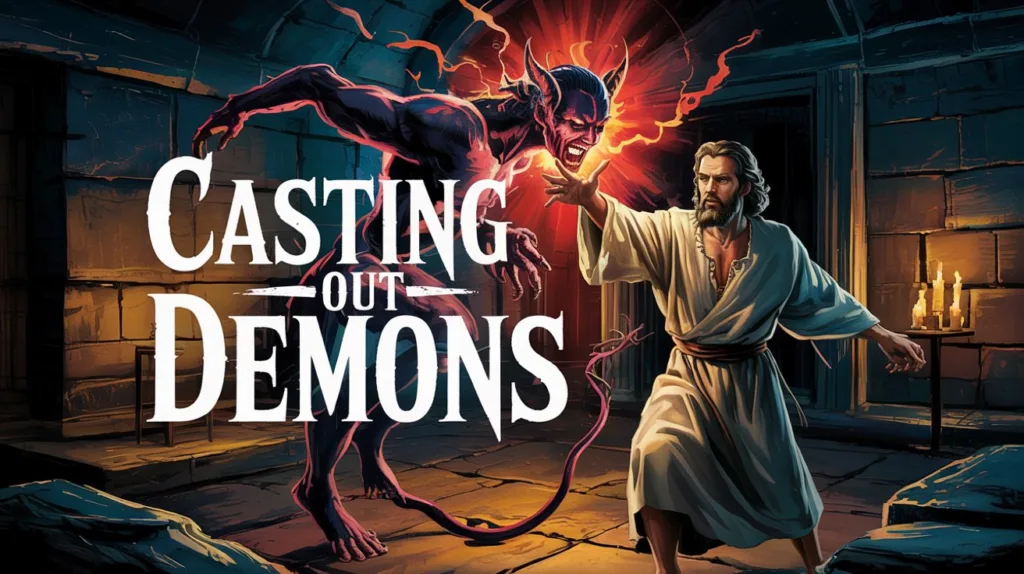Revelation calls Jerusalem “gomorrah/”>Sodom and Egypt” to expose the city’s spiritual condition at the time of the two witnesses’ death. These names are not geographical but symbolic, identifying Jerusalem with the moral corruption of Sodom and the oppressive rebellion of Egypt. This indictment reveals how far the city had fallen from its covenant relationship with God.
Revelation 11:8 makes the reference directly:
“And their dead bodies will lie in the street of the great city which spiritually is called Sodom and Egypt, where also our Lord was crucified.”
The phrase “spiritually is called” makes clear that these names are not literal but represent spiritual character. The “great city” where the Lord was crucified is Jerusalem. No other city fits that historical detail.
Calling Jerusalem “Sodom” links it to gross immorality, arrogance, and defiance of God. Sodom’s sin was not just sexual perversion but hardened rebellion and lack of mercy:
“Look, this was the iniquity of your sister Sodom: She and her daughter had pride, fullness of food, and abundance of idleness… and they were haughty and committed abomination before Me.”
(Ezekiel 16:49–50)
Jerusalem, once called “the holy city,” had become a place of similar spiritual decay, religious on the surface but inwardly corrupt. Jesus had already lamented:
“O Jerusalem, Jerusalem, the one who kills the prophets and stones those who are sent to her!”
(Matthew 23:37)
The term “Egypt” recalls bondage, idolatry, and the oppression of God’s people. Egypt resisted God’s word through Moses and suffered judgment for its hardness of heart. By aligning Jerusalem with Egypt, Revelation portrays it as a city under judgment, no longer distinct in holiness but hardened against God’s messengers.
This dual designation (Sodom and Egypt) captures both moral depravity and spiritual rebellion. It shows that proximity to the temple and possession of Scripture do not guarantee faithfulness. The city where Jesus was crucified had rejected its Messiah and, in Revelation, kills His prophets once again.
The language parallels Isaiah’s earlier rebuke:
“Hear the word of the Lord, you rulers of Sodom; give ear to the law of our God, you people of Gomorrah.”
(Isaiah 1:10)
Though Isaiah was addressing Judah and Jerusalem, he called them by names associated with judgment to emphasize their guilt.
In Revelation 11, Jerusalem is not destroyed because it is pagan, it is judged because it is faithless. The names “Sodom and Egypt” expose what lies beneath the city’s religious facade.





 Get the book that teaches you how to evangelize and disarm doctrines from every single major cult group today.
Get the book that teaches you how to evangelize and disarm doctrines from every single major cult group today.